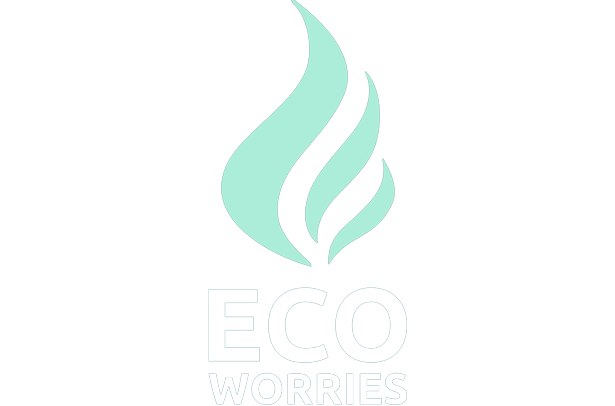By early 2021, the United States reached a critical milestone. After recent installations, the total solar capacity in the country exceeded 100 GWdc. That’s an incredible amount of electricity-generating potential.
Part of the reason for the rapid expansion is that solar panels can save you money. Overall, they are a cost-efficient option for electricity. Plus, with the right installation, you’ll never need to tap into your local utility.
Additionally, solar panels can be added to most common roof types. Both metal and composite shingle roofs are great foundations for the installations. Since most homes feature those, solar panels are accessible to the masses.
Saving Money with Solar Panels
A Natural, Accessible Source of Energy
Once you have your solar panels system in place, you immediately get access to energy. You’re practically guaranteed to see a dip in your next electricity bill. Plus, if your system is large enough, you may reach net-zero, eliminating that monthly cost.
If you want to live off-grid, solar panels are your best bet for accessing electricity. You’ll simply need a system that can handle your full needs. If you have that, generating enough power to keep your home running won’t require connecting to a utility. Then, you can live comfortably even if you are hundreds of miles from a city.
Tax Credits, Rebates, and Special Programs
Adding solar panels to your home usually costs between $15,000 to $25,000. However, that amount doesn’t necessarily take into account tax credits for solar panel installations, other incentives, or access to special programs.
For example, rebates may be available for specific kinds of solar panels. There are seven different panel types, including:
If you want to take advantage of a rebate, you’ll need to choose a qualifying solar system. Review the program before you install any panels to ensure your eligibility.
With a solar panel installation, you might be able to use unique financing options. For instance, the FHA Energy Efficient Mortgage Program lets you wrap up the cost of qualifying home improvements into your mortgage. You’ll often get a much lower interest rate than with other kinds of loans, allowing you to save on interest costs.
Net Metering
If you install solar panels and are connected to a local utility grid, you may be eligible for net metering or a similar program. Exactly how these work does vary, so you’ll want to check with your local utility to see what’s available. However, it could be a way to store credits that you can put toward future electricity bills or receive a payment for the energy you send back to the grid.
Protect Your Roof
Replacing a roof is expensive. The thing is, solar panels can provide your roof with some extra protection. The panels create a layer that reduces the likelihood of direct roof damage from debris and weather events.
Plus, it shields the roof from the sun. Usually, your roof is hit straight-on by the sun’s energy, heating the material and potentially harming it. With solar panels, there’s less roof exposure, limiting any sun-related harm that can occur over time.
Reduce Vehicle Fuel Costs
Advancements in electric cars make these vehicles an increasingly viable option. If you have a solar panel system and replace your car with a plug-in electric version instead, you can capture even more cost savings. Not only are you not dependent on gasoline, but you can also generate the electricity you need to charge your vehicle on your own.
There’s plenty of reasons to go solar and not enough not to. So get the process started today.
Image via Pexels

